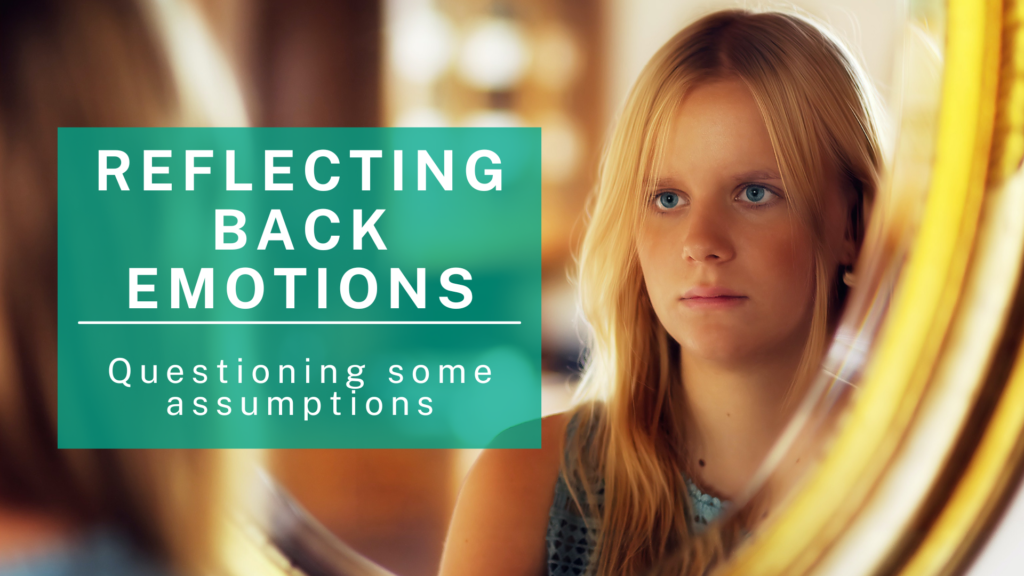Navigating Ethical Dilemmas in Mediation: Insights from Practitioners
In the world of mediation, professionals frequently encounter complex ethical dilemmas that require careful consideration and judgment. Recently, a discussion among mediators explored such challenges in depth, providing valuable insights into the ethical intricacies of the profession. This blog post delves into the key themes discussed, focusing on the delicate balance mediators must maintain between […]
Navigating Ethical Dilemmas in Mediation: Insights from Practitioners Read More »






